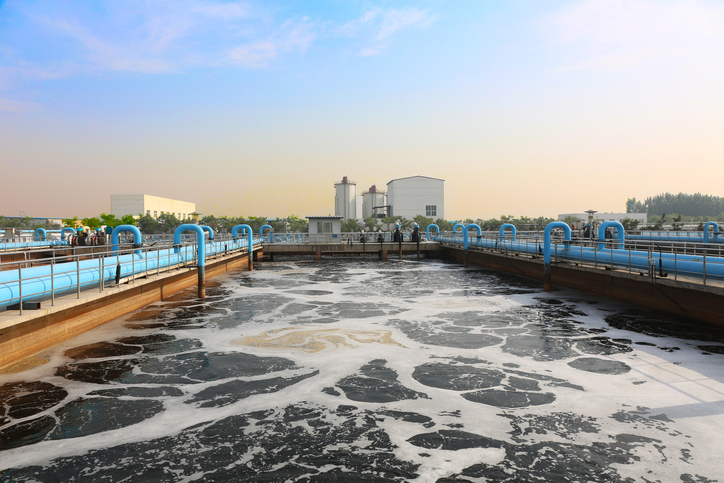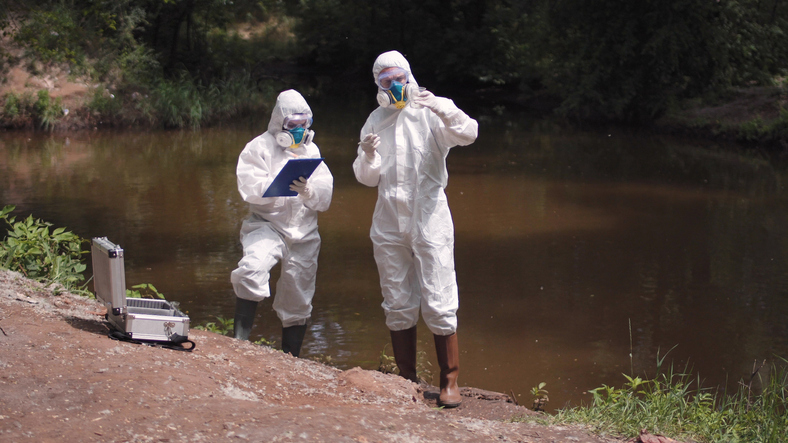Late last week, a pair of lawsuits on water contamination were filed in the U.S. District Court for the Eastern District of New York on behalf of local water authorities. Back in the news is the emerging contaminant 1,4-dioxane, which made headlines in late 2017 in a related and similar groundbreaking lawsuit that sought to recover costs against major manufacturers for the design, construction, installation, operation, and maintenance of water treatment facilities and equipment required to remove the 1,4-dioxane from drinking water wells. The same …
Continue Reading








